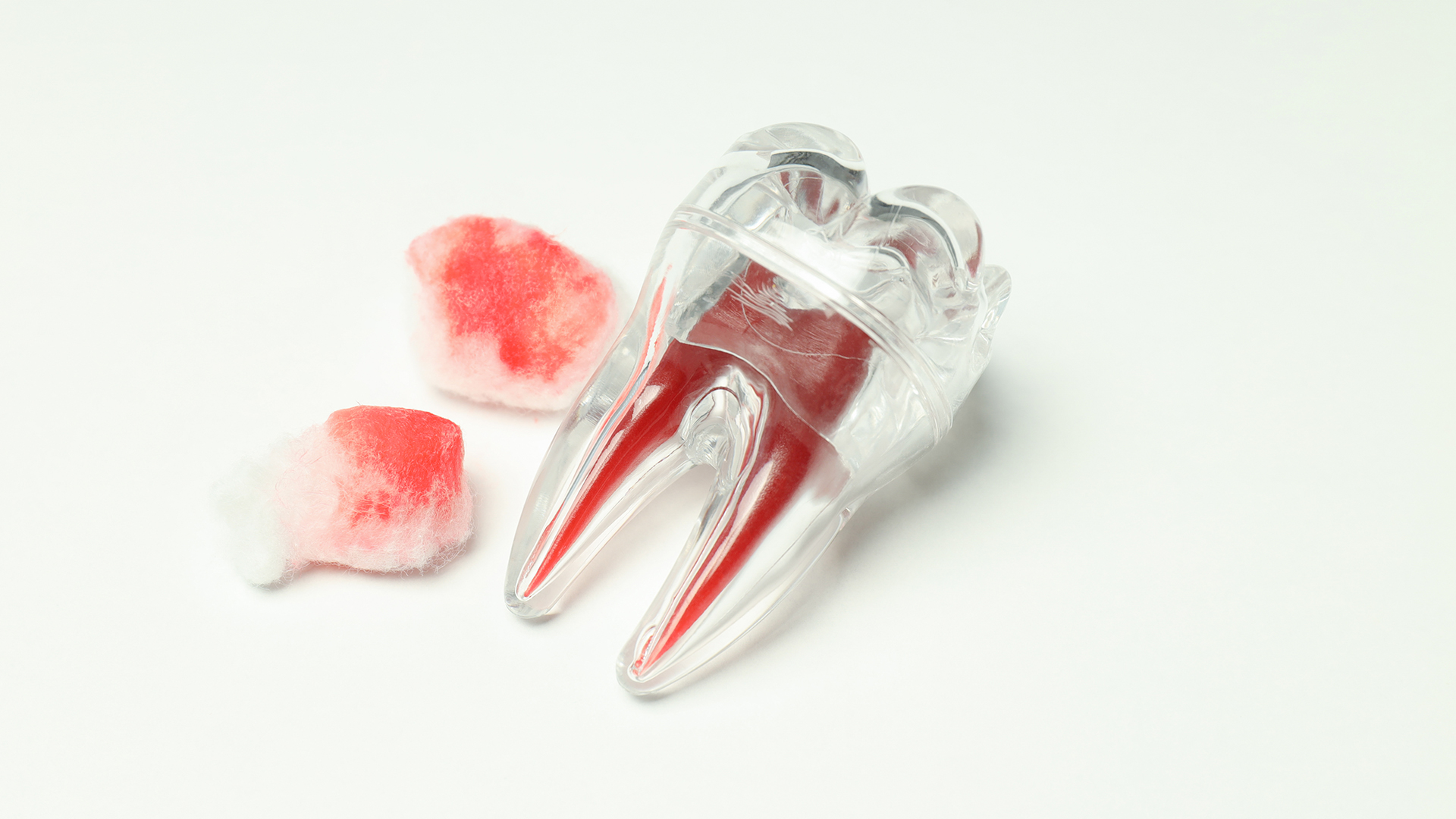
- wisdom tooth
- impacted Wisdom teeth
- wisdom teeth symptoms
- impacted wisdom teeth
- Wisdom tooth treatment
- wisdom teeth removal
wisdom tooth
Wisdom tooth is the name of the third molar and usually appears between 18 and 21. Wisdom teeth grow at the end of the mouth. There may be up to four wisdom teeth, one for each side of the jaws.
In most people, wisdom teeth do not fully appear due to lack of space. The partial eruption of these teeth causes various problems, the most common of which are bouts of infection and pain. And when this happens, the teeth have to be extracted, this is the only solution.
Due to the lack of space, wisdom teeth can sometimes grow at an angle or get stuck and only partially appear. Wisdom teeth that thrive in this way are known as impacted wisdom teeth.
impacted Wisdom teeth
Not all people have wisdom teeth, and not all wisdom teeth cause problems or need to be removed
The wisdom tooth’s partial eruption allows bacteria to enter the tooth and become infected, leading to pain, swelling, jaw stiffness, and general illness. Partially protruding teeth are also more susceptible to tooth decay and gum disease since their inaccessible location and improper placement make brushing and flossing difficult.
wisdom teeth symptoms
If a wisdom tooth is causing you trouble, you may have symptoms such as:
- Pain or irritation caused by wisdom tooth impaction
- Damage to other teeth
- Swelling around the jaw.
- Bad breath
- unpleasant aftertaste in the mouth.
- Difficulty opening the mouth.
- Inflammation of the gum tissue has formed over the impacted tooth and partially protrudes through the gum.
- Congestion of other teeth.
- Not having enough room to adequately clean the wisdom tooth and neighboring teeth might lead to caries or gum disease.
- Most wisdom tooth troubles affect people between the ages of 15 and 25. People over 30 generally do not have problems that require the removal of wisdom teeth.
impacted wisdom teeth
Healthy wisdom teeth in their correct position usually do not cause problems. You may have a problem with a buried wisdom tooth and the occurrence of any of the following:
- When wisdom teeth partially protrude from the gum due to lack of space. This can cause a layer of gum tissue to grow on top of it. Food can get stuck in the flap and cause gingivitis.
- The wisdom tooth comes out crooked or in the wrong direction.
- Some people have a jaw that is not wide enough for wisdom teeth to grow or appear properly. Wisdom teeth can get stuck in the jaw and cannot protrude from the gums.
- The crowding of teeth in the jaw also makes the task of brushing or flossing difficult, which increases the likelihood of inflammation and infection
Wisdom tooth treatment
- Wisdom teeth that cause problems should be removed or extracted.
- The dentist opens the gum tissue covering the tooth and surgically removes it. Sometimes the tooth is cut into smaller pieces to make removal easier. After the tooth is removed, you may need stitches.
- If you have an infection, you may have to wait until it goes away before removing your wisdom teeth. Your dentist or surgeon may prescribe antibiotics to help clear the infection.
While you’re waiting for your wisdom teeth to be extracted, you can take steps to reduce pain and swelling.
- Apply a cold compress to the face over the affected molar for 15 to 20 minutes many times.
Every two to three hours, - gently wash your mouth with warm salt water.
(To make your salt water, mix 1 teaspoon (5 g) of salt in 1 cup [8 fl oz (240 ml)] of warm water.) - Try over-the-counter analgesics (pain medications) such as ibuprofen or naproxen. Read and follow the instructions carefully.
- Do not give aspirin to anyone younger than 20 years old because of the risk of Reye’s syndrome, a rare but serious disease.
- Do not put aspirin directly on your gums. Using aspirin in this way can harm your gums.
follow on Instagram Dental facts
wisdom teeth removal
The benefit of extracting impacted wisdom teeth is to avoid many problems and complications.
Multiple oral health issues can result from impacted wisdom teeth:
- Damage to other teeth
If a wisdom tooth hits the second molar, this could damage it or increase the risk of infection in that area. Trauma can also cause pressure and movement on teeth, causing crowding problems with other teeth and requiring orthodontic treatment to treat the affected tooth.
- Abscesses
Wisdom teeth form in a sac inside the jaw. If this sac fills with fluid, it will damage the jaw, teeth, and nerves. In rare cases, a benign tumor may develop and require the removal of tissue and bone.
- Cavities (tooth decay)
Partially impacted wisdom teeth tend to be more susceptible to tooth decay than other teeth. This happens because wisdom teeth are more difficult to clean, and food gets more easily trapped between the gums and the tooth that has not fully erupted.
- Gingivitis
As we have seen, the difficulty of cleaning impacted and partially erupted wisdom teeth increases the risk of an infectious and inflammatory effect on the gum area, which may initially cause gingivitis as the beginning of chronic gum disease.
conclusion
Although there is still debate about whether it is good to remove wisdom teeth, however, as it causes inflammation, pain and complications, the doctor advises taking them off to ensure patient comfort. But it will always be important to listen to what your dentist says about it. And it may not be necessary to extract them all, but one or more.
See also: What is dental calculus cleaning? -The Gentle Dentist
Sources
- https://www.mayoclinic.org/ar/diseases-conditions/wisdom-teeth/symptoms-causes/syc-20373808
- https://www.webmd.com/oral-health/wisdom-teeth
- https://www.betterhealth.vic.gov.au/health/conditionsandtreatments/wisdom-teeth
- https://www.nhs.uk/conditions/wisdom-tooth-removal/
- Myth or Fact? Everything You Need to Know About Teeth Whitening at Home
- Dental Implants: The Perfect Solution for Tooth Loss and Restoring Self-Confidence
- Secrets of a Healthy Mouth: Daily Habits That Protect Your Teeth from Cavities
- Thumb sucking in children and its effect on dental health.
- Benefits of regular teeth cleaning

